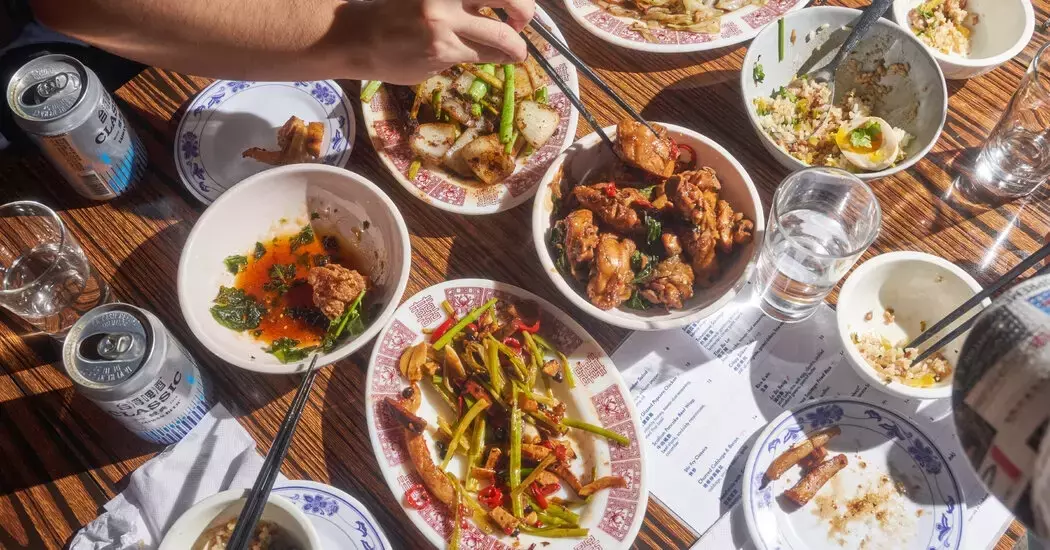
Uncertainty looms over the restaurant industry as fluctuating trade policies disrupt supply chains and pricing strategies. The recent tariff decisions have left chefs and proprietors scrambling to adapt their operations amidst unpredictable market conditions. Just when restaurateurs braced themselves for significant cost increases, President Trump's abrupt suspension of tariffs brought temporary relief, leaving many questioning how long this reprieve might last.
Industry professionals are now navigating uncharted waters as they prepare for potential shortages and escalating costs. Experts from the National Restaurant Association are assisting business owners in reassessing their supply chain logistics, particularly concerning imported goods like seafood and vegetables. This shift has prompted restaurateurs to reconsider fundamental aspects of their business models, which were originally designed under the assumption of open global trade. As nations increasingly leverage food products in geopolitical negotiations, entrepreneurs face daunting challenges in maintaining both profitability and menu authenticity.
Despite these hurdles, leaders within the culinary world remain resilient and focused on finding innovative solutions. Chef Jarrett Wrisley of Shan in Bozeman, Montana, exemplifies this mindset by anticipating ingredient scarcity while exploring alternative sourcing options. Such proactive approaches underscore the importance of flexibility and creativity in overcoming economic uncertainties. Ultimately, this period of turbulence may serve as an opportunity for growth, encouraging restaurateurs to rethink their reliance on international supplies and foster stronger local partnerships, thereby strengthening community ties and promoting sustainable practices.
